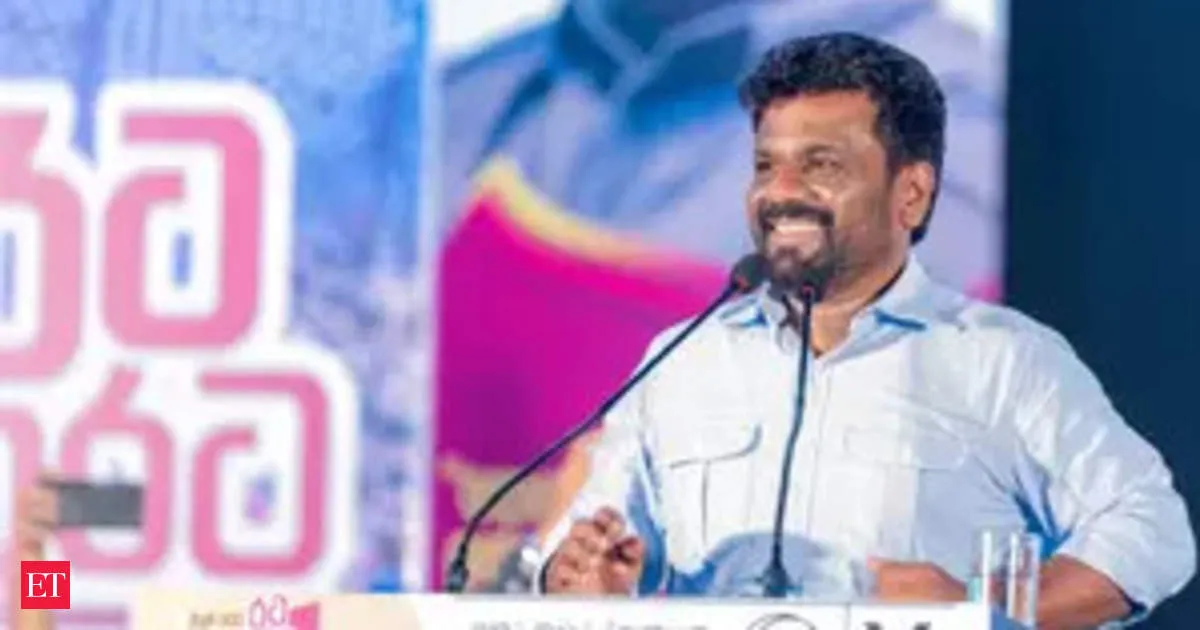Anura Kumara Dissanayake: Sri Lanka's New President Amid Economic Turmoil

Anura Kumara Dissanayake: A Leader for Change
Anura Kumara Dissanayake has been elected as the president of Sri Lanka, emerging as a key figure in addressing the country’s pressing economic crisis. With a background that includes activism and political leadership within the National People’s Power coalition, his ascent to power marks a pivotal moment in Sri Lanka's political landscape.
Victory Against the Odds
Dissanayake secured 42% of the vote in the recent election, surpassing Sajith Premadasa, a prominent opposition leader. The election held significance as Sri Lanka’s first since the 2022 economic collapse which led to nationwide protests demanding political reform.
Anti-Corruption and Economic Recovery
- Dissanayake’s platform is rooted in anti-corruption, promising to dismantle established political elites.
- He aims to tackle the devastating economic crisis, with inflation rates having skyrocketed.
- The president has committed to reversing unpopular tax hikes and ensuring transparency in governance.
Addressing Systemic Issues
As president, Dissanayake faces numerous challenges, including restoring public trust and managing expectations for economic stability. His focus on cooperation with the IMF is critical for addressing the country's debt crisis, influencing both national and international confidence.
His electoral win has fostered hopes for a brighter future in Sri Lanka, particularly as he vows to address corruption and alleviate economic distress.
Disclaimer: The information provided on this site is for informational purposes only and is not intended as medical advice. We are not responsible for any actions taken based on the content of this site. Always consult a qualified healthcare provider for medical advice, diagnosis, and treatment. We source our news from reputable sources and provide links to the original articles. We do not endorse or assume responsibility for the accuracy of the information contained in external sources.
This article was prepared using information from open sources in accordance with the principles of Ethical Policy. The editorial team is not responsible for absolute accuracy, as it relies on data from the sources referenced.